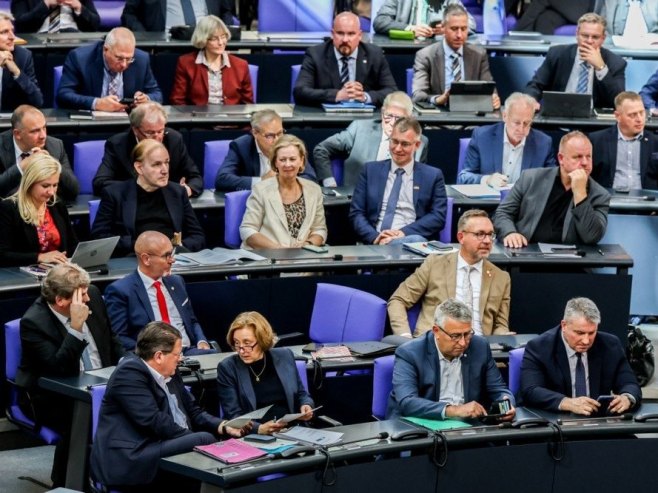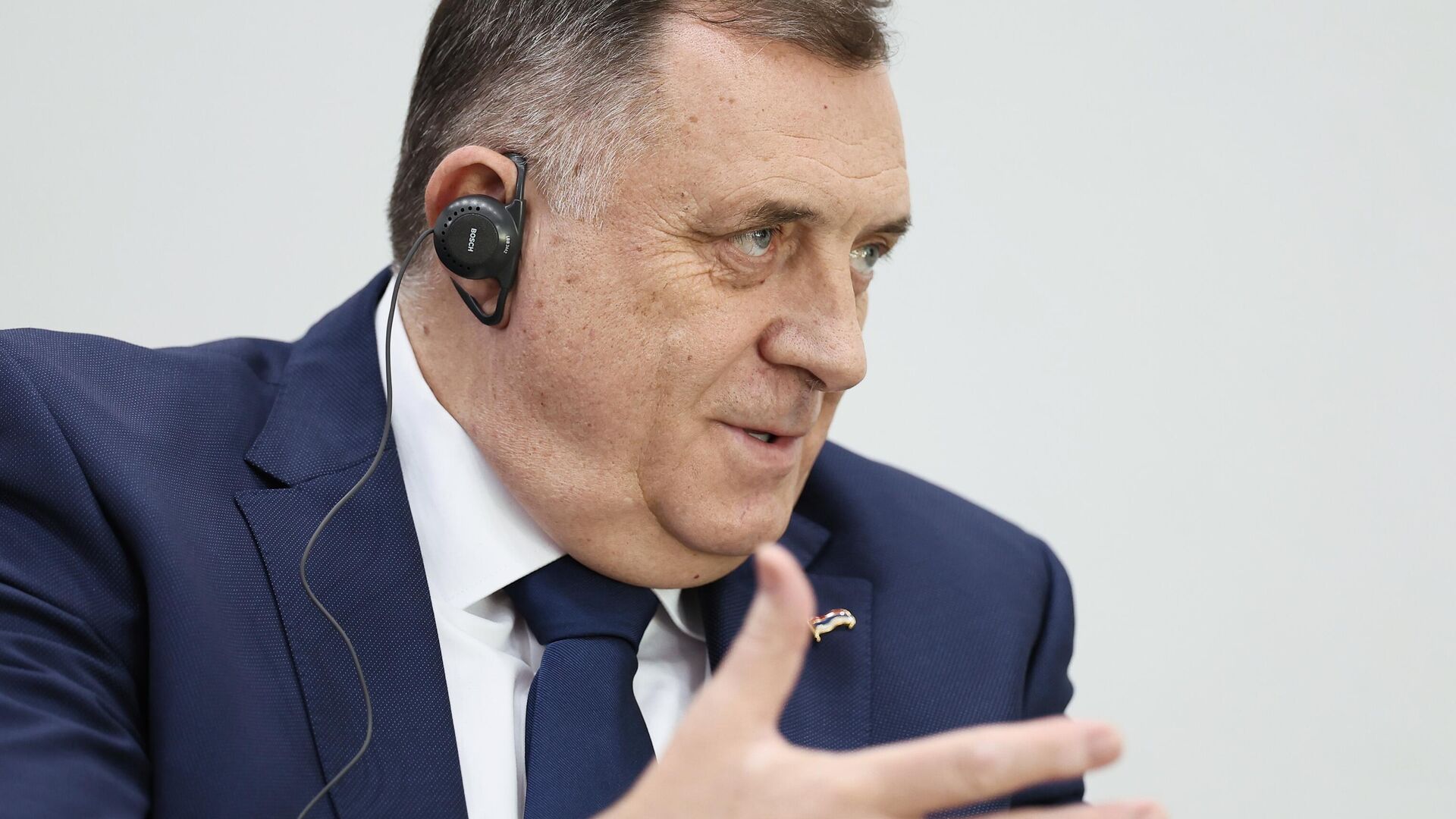During a debate in the Bundestag, Ana Rātert, MP from the Alternative for Germany (AfD), sharply criticized Germany’s foreign policy towards Bosnia and Herzegovina. In her speech, Rātert stated that Bosnia and Herzegovina still does not function as a sovereign state, and that international oversight merely prolongs the artificial maintenance of a dysfunctional system.
“The participation of the Bundeswehr in the EUFOR Althea mission sustains a situation which, if we look at it soberly, clearly shows: Bosnia and Herzegovina, three decades after the war, is not a sovereign state but a construction supported from the outside—politically divided, institutionally blocked, and without sustainable internal legitimacy,” said Rātert.
She paid special attention to Christian Schmidt:
“One of the key pillars of such a system is the role of the High Representative, currently held by a German politician who was never elected by the citizens of Bosnia and Herzegovina but possesses broad powers. He can impose laws, dismiss elected officials, and overturn democratic decisions,” she emphasized.
Rātert reminded that Schmidt is a former agriculture minister from the CSU:
“The fact that a former agriculture minister from the CSU, Christian Schmidt, is now acting as the supreme administrator of a foreign state shows just how normalized it has become to exercise international power without democratic legitimacy—apparently with the support of the international community,” she said.
She added that true legitimacy of governance no longer exists in Bosnia and Herzegovina:
“Schmidt governs a country whose peoples can only be held together through external pressure and financial dependence—and even that no longer works. The Serb side has withdrawn cooperation. The Bosniak side receives him with open contempt. There is no trace of authority or mediator role left,” she stressed.
Commenting on how Schmidt is perceived in BiH, Rātert noted:
“For example, Bosniak commentator Sead Numanović called him the worst High Representative ever, and due to his peculiar public appearances, he has even been nicknamed ‘Mr. Bean’. In 2023, Republika Srpska President Milorad Dodik threatened to arrest Schmidt if he set foot on the territory of Republika Srpska,” she recalled.
For Rātert, this is not just a political conflict but a sign of a serious crisis of legitimacy:
“The only consensus left uniting the peoples of Bosnia and Herzegovina is their rejection of Christian Schmidt—and that exposes a deep legitimacy crisis,” she said.
Speaking of internal divisions in BiH, Rātert stated:
“The peoples in BiH—Croats, Serbs, and Bosniaks—are not only divided by language and religion, but also by constitutions, social realities, and visions of the future.”
She concluded that the Dayton Agreement did not create a sustainable political framework:
“The Dayton Agreement ended the war but did not create a functional and sustainable state. Today we are witnessing a multiethnic structure incapable of action. Whether it’s electoral reform, the budget, or foreign policy—there is total deadlock,” Rātert warned.
Source: RTRS









